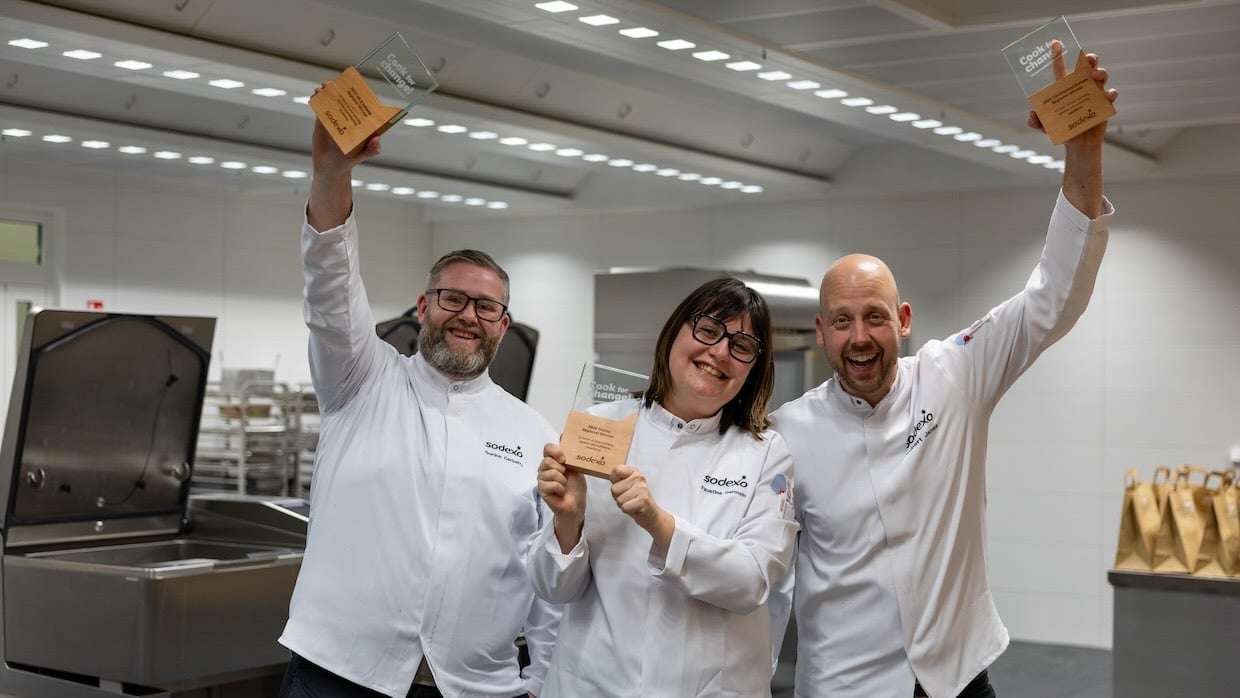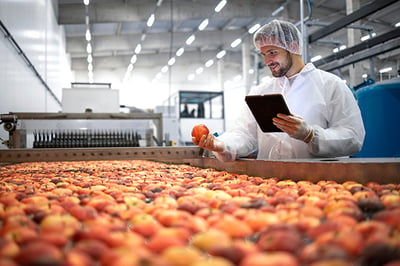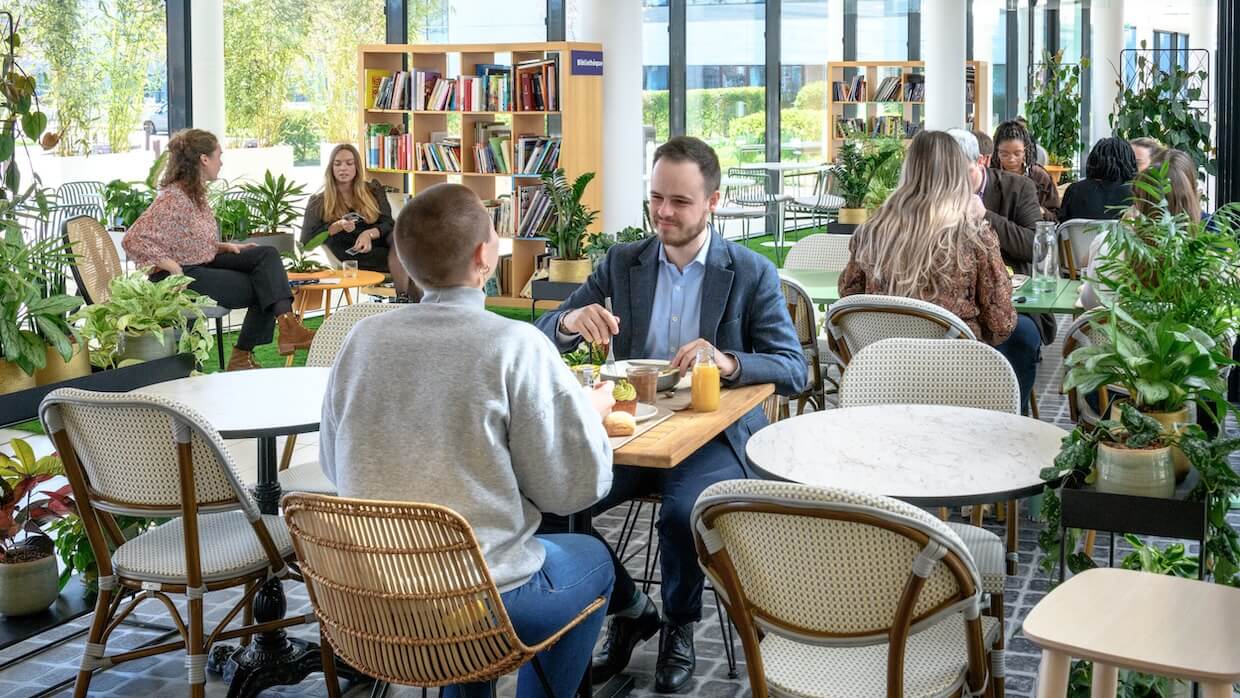Food
The sustainable chef superstars fuelling your day

There can be huge benefits to including a diverse range of suppliers in a company’s supply chain.

One benefit of working with smaller suppliers is that it supports the growth and development of local communities. SMEs tend to be anchored in the communities where they are based and working with them means directly supporting local employment, training and investment. Some of the advantages of large suppliers is that they are often able to offer global services and standards, as well as competitive prices but also the means to deliver innovative solutions at scale. A key benefit of having a diverse supply chain is that it allows the most innovative solutions to be selected for clients.
At Sodexo, we go where the innovation is and the value is, whether we’re talking about large suppliers or small companies. They both can bring value. Small and diverse businesses can be particularly agile in capturing innovation and reactive to market trends, whilst larger partners enable us to deploy fantastic solutions at scale.
We buy from small and medium enterprises (SMEs), local suppliers and also big industrial companies. Big is not all bad and small is not all good, it’s really a question of finding the right balance. Each type of supplier brings value, by working with a variety we are able to deliver innovative products and solutions to our consumers in the most relevant way. Bringing a wide variety of vendors into our supply chain makes us more competitive and better able to serve our clients.
Our Supply Chain Inclusion Program is a global program focused on proactively including three types of supplier in our supply chain: Small and Medium Enterprises (SMEs), suppliers owned or operated by women or people from minority and other under-represented groups as well as major suppliers who actively embrace Diversity and Inclusion in their workforce.
We find these suppliers either through direct contact or through the support of local cooperatives and NGO partners. For example, Sodexo works with WEConnect - an international association that identifies, trains and certifies companies held by women in Australia, Canada, Chile, India, Peru and the UK.

Certain SMEs can have difficulty working with large organizations, this is especially true when it comes to food services, due to the:
The program helps address these barriers by creating more flexible distribution networks, streamlined processed (such as accelerated invoice treatment) as well as mentoring and additional support which not only help SMEs to work more effectively with us, but also makes them more competitive in the marketplace overall.
We also run mentoring programs to support our diverse suppliers in their growth at a local level such as the SME program in the UK or Impact+ in France.
The Impact+ program, launched in France in 2021, provides support for small business in the form of coaching from Sodexo employees from different functions as well as specific support from the supply team to accelerate their development. We currently have 14 suppliers enrolled in the program, from a company employing people with disabilities and reducing food waste to an organic bread supplier helping ex-offenders to establish a profession and have a fresh start. Find out more from Samuel Mougin at “Pain et Partage” in this video:
Find out more about how we source products responsibly
The sustainable chef superstars fuelling your day

How AI is bringing true personalization to workplace dining

How healthy food unlocks a world of benefits
